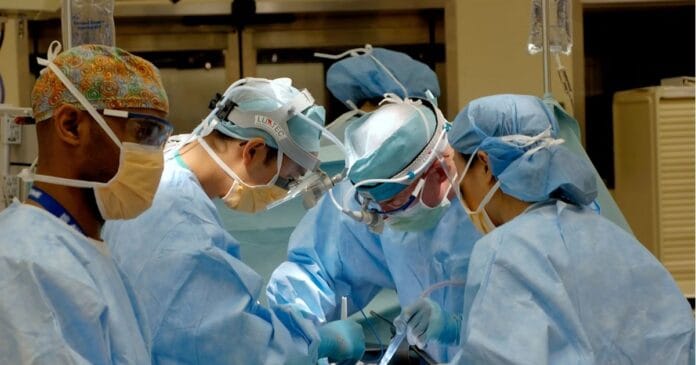In what’s described as a first-of-a-kind study, University of Oklahoma researchers are seeking to determine if cannabis use affects recovery from the wounds associated with head and neck cancer surgery.
According to the USA’s National Foundation for Cancer Research, head and neck cancers (HNC) account for roughly 4% of all new cancer diagnoses annually in the USA. Last year, an estimated 71,110 new cases were diagnosed, with approximately 16,110 deaths expected.
But even for those who survive, the ongoing impacts can be life-changing. Reconstruction after tumour removal can dramatically alter appearance and impact physiological functions such as swallowing and breathing.
Many cancer patients use cannabis to manage symptoms, and side effects associated with treatment for their condition. But there’s little information on how this use affects the healing of wounds.
“We believe the data that we gather will advance our understanding of how the diverse modes of cannabis use affect wound healing and establish a framework for related studies,” said lead principal investigator and Professor of Otolaryngology Lurdes Queimado, M.D., Ph.D.
Given her preliminary although limited research, Professor Queimado is hypothesizing cannabis smoking negatively affects wound healing through an increase in inflammation and a decrease in immune system function, both of which could also introduce other complications.
Patients will be followed for six months from the time of their treatment, and self-reporting of cannabis use will be biochemically verified through blood tests. The patients will be split into 4 groups:
- Those using cannabis.
- Those using cannabis and tobacco.
- Those using tobacco only.
- Those who use neither.
“We will monitor each group of patients for infections, bleeding, medical complications and scar healing,” Professor Queimado said, “And we will assess how they are using cannabis, whether it’s smoking, vaping or edibles, because they are very different in the effects they have.”
Beyond outcomes for head and neck cancer surgery may be implications for other types of surgery and conditions.
“I think there will be many opportunities for growth into other areas once we have established the framework of this study,” said the professor.
The study is being funded through a $100,000 Clinical Translational Grant Award from the Presbyterian Health Foundation.


